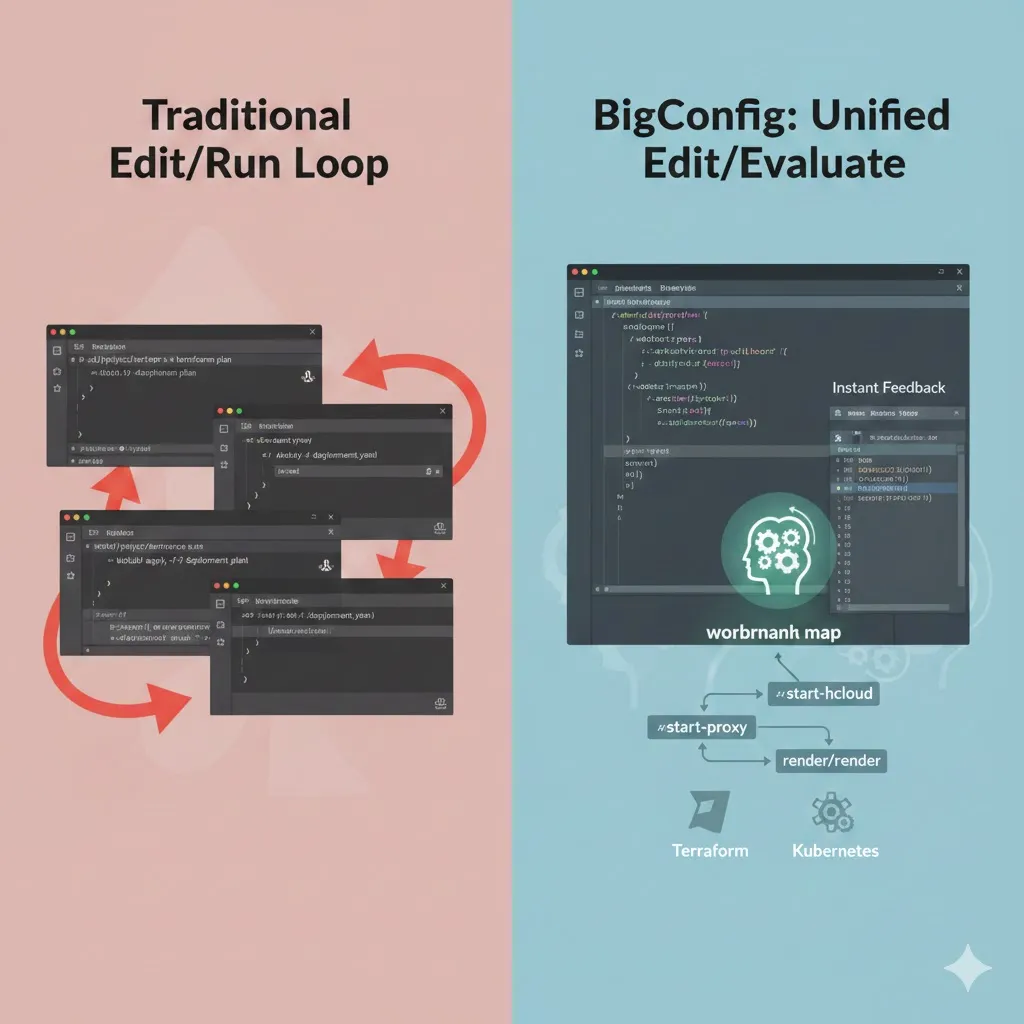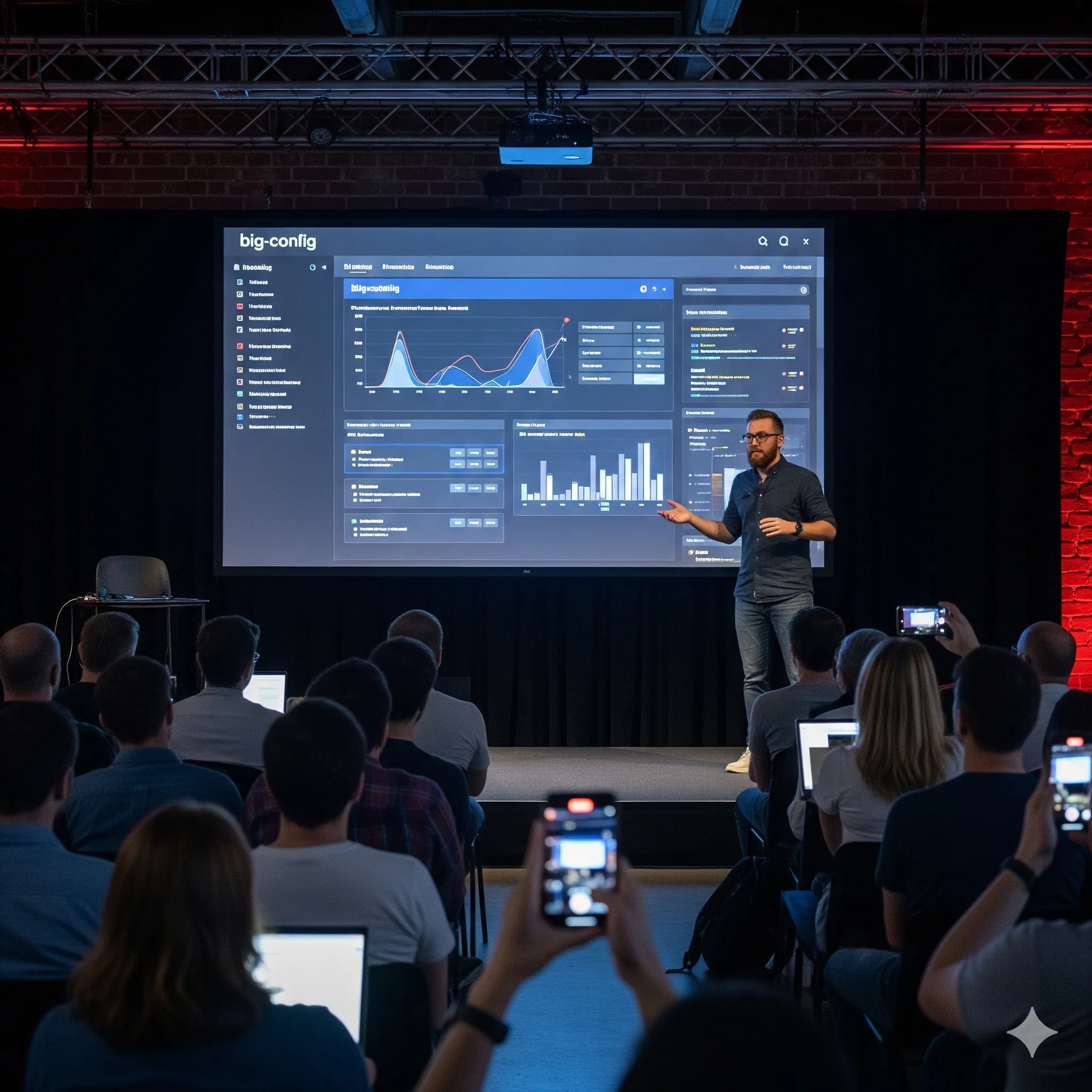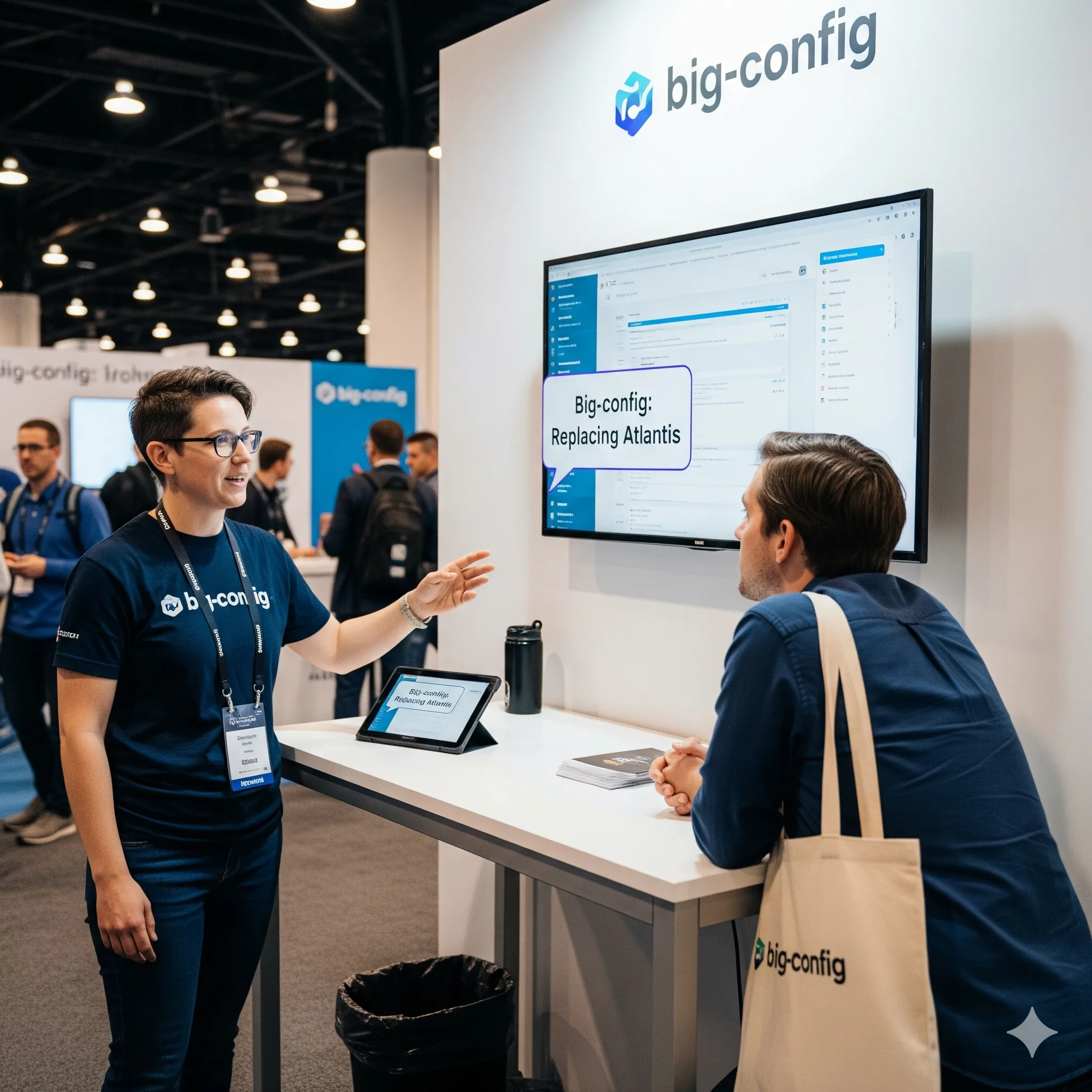Introducing BigConfig Package

BigConfig Package moves beyond the “Kubernetes-only” mindset of Helm by treating infrastructure and software as a single unit. By replacing specialized CLIs with Babashka (Clojure), it eliminates the friction between shell scripts and compiled binaries. This approach allows developers to move seamlessly between a CLI, a REPL for debugging, and a library for deep automation.




